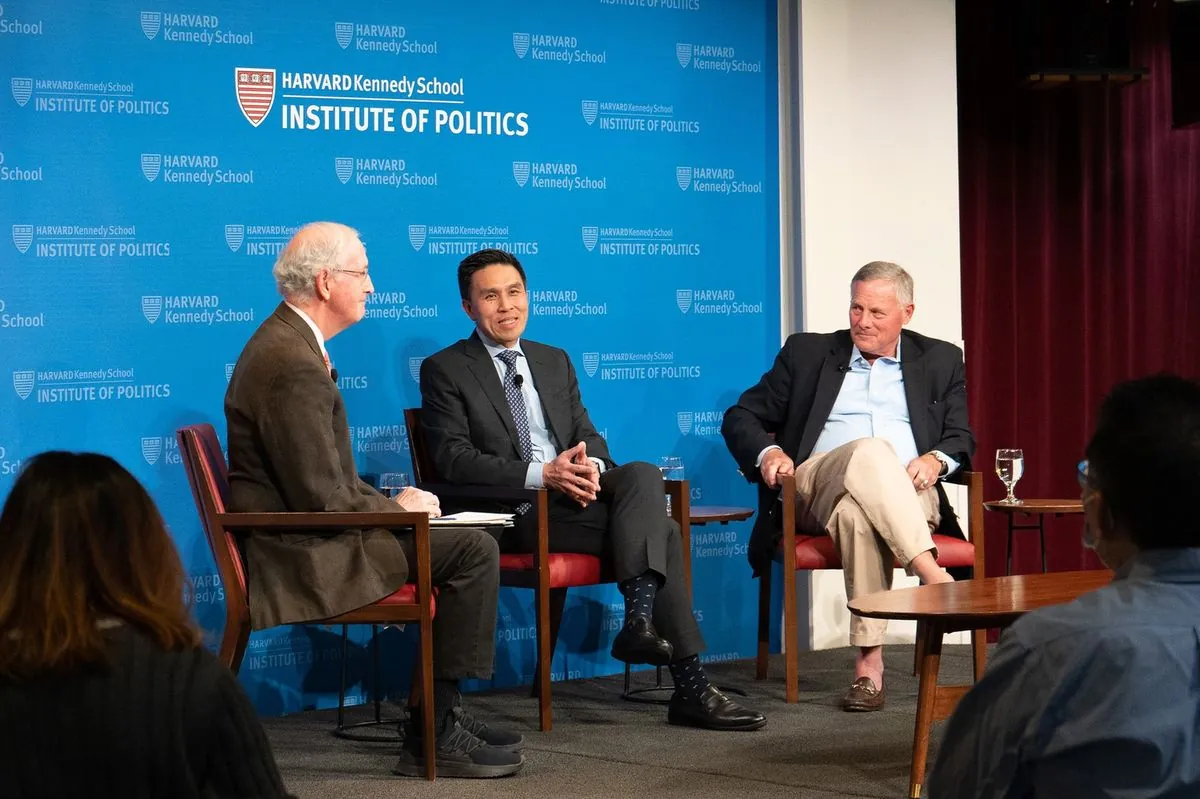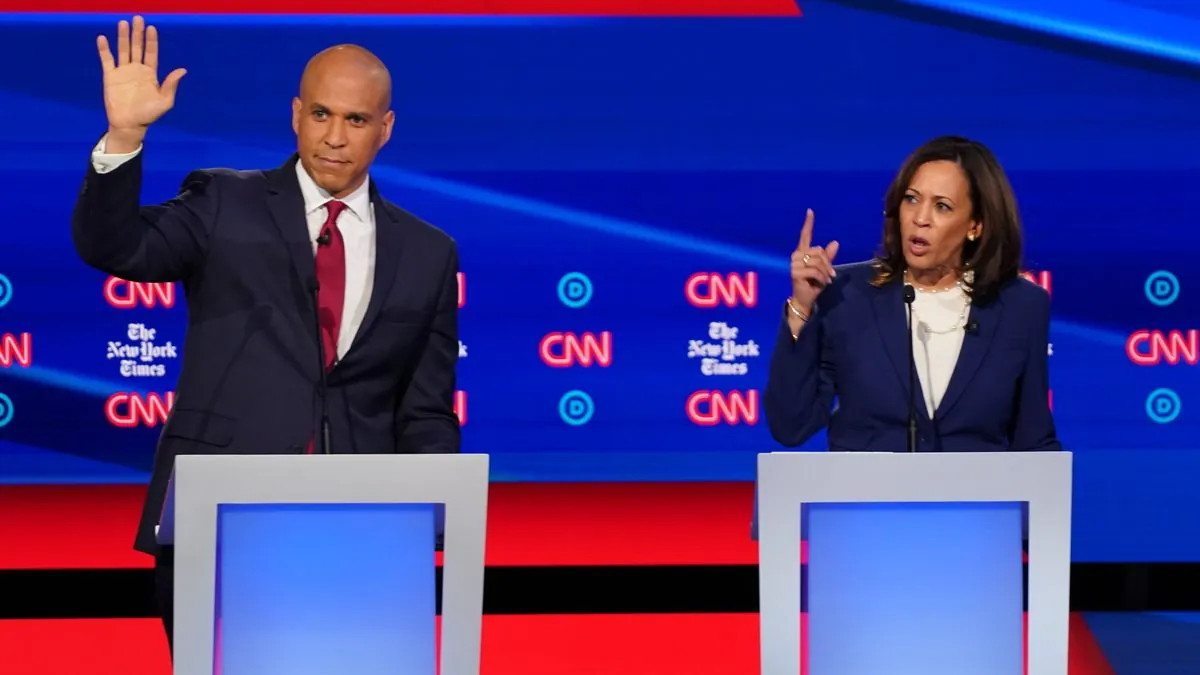Health Care Rhetoric Overshadows Actual System Reform in U.S. Politics
Political parties increasingly frame various issues as health concerns, potentially distracting from much-needed reforms in the actual health care system. This rhetorical shift affects policy discussions across the spectrum.

In recent years, a notable shift has occurred in American political discourse, with health care becoming the new catchall justification for various policy initiatives. This trend, observed across the political spectrum, has potentially overshadowed crucial discussions about the actual health care system's reform.
Democrats and Republicans alike have embraced this rhetorical strategy, framing diverse issues through a health care lens. For instance, Democrats have advocated for paid parental leave and universal preschool as solutions to parental stress, which the U.S. Surgeon General recently identified as a public health concern. This approach aligns with the Democratic Party's existing policy priorities.
Similarly, climate change mitigation has been presented as a health care imperative, citing the link between extreme weather events and various health issues. Reproductive rights advocates have also emphasized the health care aspects of their cause, highlighting how abortion restrictions can impact overall medical care availability.
On the other hand, Republicans have utilized health care rhetoric to support their own objectives. The Trump administration's border policies, for example, were justified under public health authority. Some states have implemented measures requiring hospitals to report patients' immigration status, ostensibly for health-related reasons.

The LGBTQ+ community has also been affected by this trend, with half of U.S. states now restricting access to gender-affirming health care, particularly for minors. Gun violence, too, has been framed as a health issue by both parties, albeit with different proposed solutions.
While health does intersect with numerous societal issues, this rhetorical shift has potential drawbacks. David Cutler, a Harvard health economist, notes that while many economic and social factors indeed relate to health, this broad association complicates the prioritization of health interventions.
More critically, this all-encompassing approach to health care rhetoric may be diverting attention from much-needed reforms in the actual health care system. Despite health care representing about one-sixth of the U.S. economy and being a top voter concern, it received minimal attention at recent party conventions.
Both parties have faced challenges in health care reform attempts. The Democrats' efforts in 2010 and the Republicans' in 2017 resulted in political consequences, potentially discouraging further reform attempts. This reluctance to address systemic issues is concerning, given that the U.S. spends more on health care per capita than any other developed nation, a fact that underscores the need for reform.
The complexity of health care reform, both technically and politically, contributes to this avoidance. However, as the health care system continues to face challenges, the strategy of framing everything as a health care issue while neglecting systemic reform may prove inadequate in addressing the nation's health care needs.
"Democrats have done more to reduce certain health-care costs, such as seniors' out-of-pocket costs on drugs. But they usually promote such policies in the context of promises to reduce the overall cost of living, rather than as part of an agenda to reform the health-care system per se."
As we approach the 14-year mark since the Affordable Care Act's signing, it's crucial to refocus on genuine health care system improvements. The first step might be distinguishing between health-related rhetoric and substantive health care policy discussions, ensuring that the actual medical system receives the attention and reform it urgently requires.


































